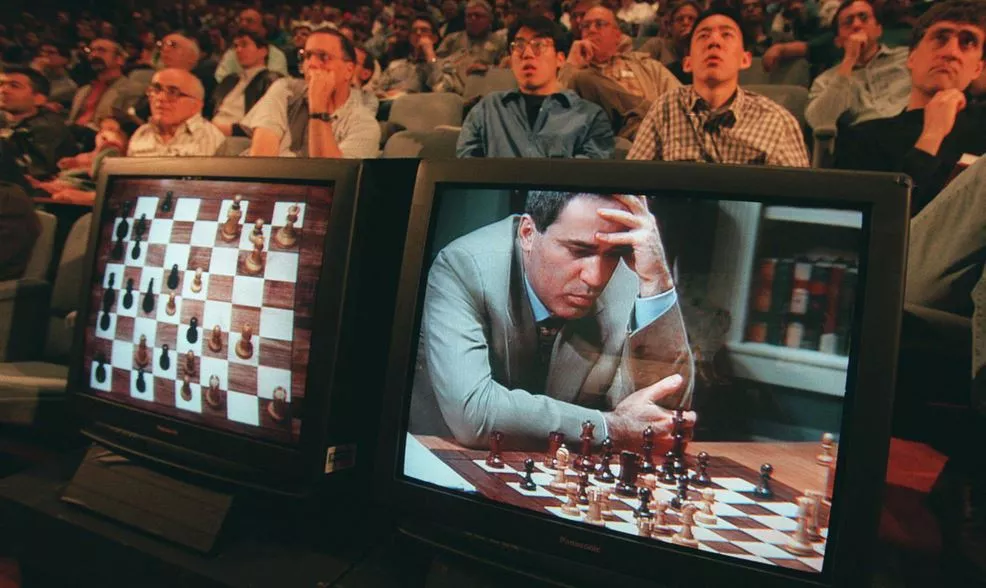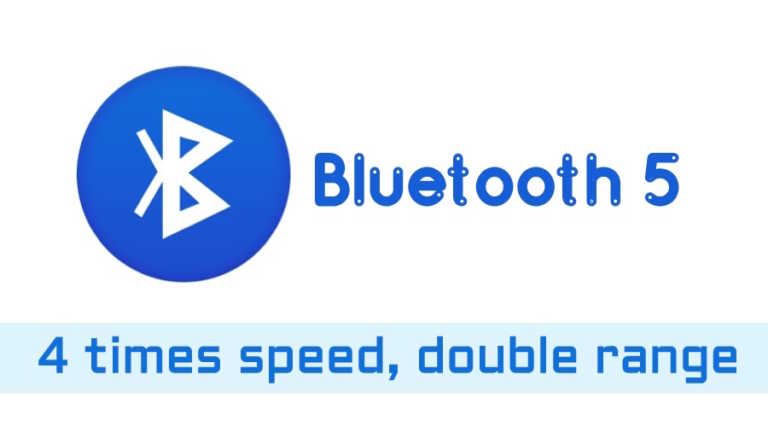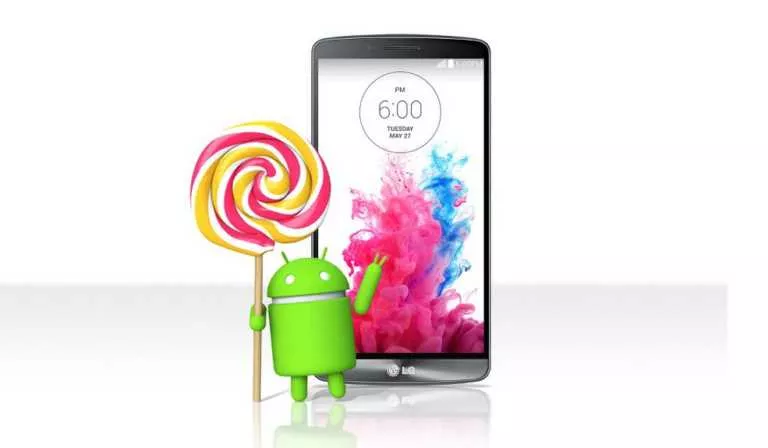This AI Based Program Teaches Itself Chess in 72 Hours, Becomes ‘Chess Grandmaster’

 Short Bytes: Matthew Lai’s AI chess engine Giraffe can play at the International Master level of Chess after just 72 hours of training. Computers playing chess is no longer a wonder to us, but this new Artificial Intelligence can actually “think” before it makes any move.
Short Bytes: Matthew Lai’s AI chess engine Giraffe can play at the International Master level of Chess after just 72 hours of training. Computers playing chess is no longer a wonder to us, but this new Artificial Intelligence can actually “think” before it makes any move.
Chess marks ultimate mental challenge of intelligence: 32 pieces on an 8-by-8 board, and nearly endless possible moves. Computers playing chess is no longer a wonder to us, but this new Artificial Intelligence can actually “think” before it makes any move.
IBM’s Deep Blue beat the renowned chess master Gamy Kasparov in 1997. This was the first time that a computer beat a human at chess. Ever since then, many several chess engines have come up making the process faster and faster. However, even the fastest of them employs the traditional “Brute force” approach. Brute forcing refers to the evaluation of every possible case of a program until the best case is found.
Also Read: Mycroft – World’s 1st Open Source Artificial Intelligence Based on Linux, RPi and Arduino
However, Mathew Lai, a computer scientist at University College London, has now made it possible for computers “to think”. This AI (nicknamed Giraffe) employs artificial neural network approach. This mimics the human brain and hence adapts over time. Unique features like pattern recognition, also ensure making decisions accordingly.
“Giraffe derives its playing strength not from being able to see very far ahead but from being able to evaluate tricky position accurately, & understanding complicated positional concepts that are intuitive to human.” Lai writes in his paper about Giraffe.
Lai used a database of 175 million chess moves for Giraffe to call upon. Much like a human brain, Giraffe learns in a unique way by playing chess against itself. Thereby, learning which moves worked in which situations and employing the same in future familiar situations.
Right now, the system is not as fast as the former chess engines and Lai feels that there’s still a lot of scope for improvement, that can be made in terms of employing another neural network for time management.
However, what’s interesting is that Lai’s project marks the scope for further evolution of Artificial Intelligence. This will perhaps work completely on its own without any human assistance by their side- much like self-driving cars or autonomous drones or something as simple as cooking for you.
[adinserter block=”12″][adinserter block=”13″]





